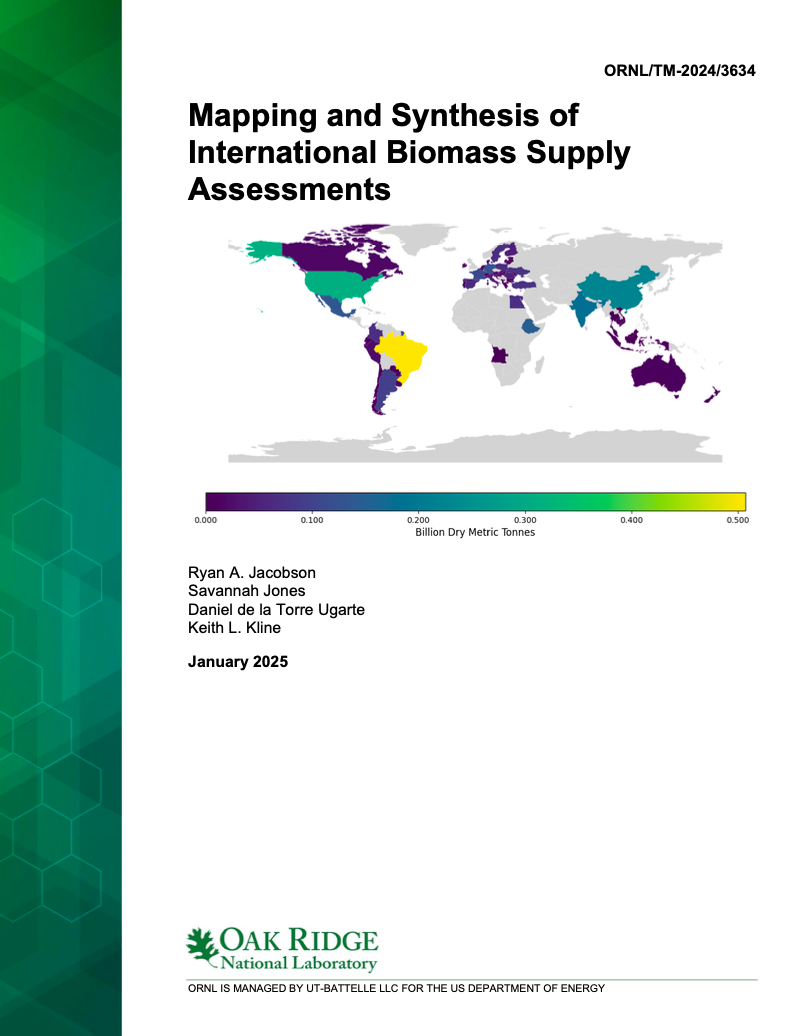International aspects of a power-to-x roadmap

Power-to-X (PtX) is a phrase to indicate the production of renewable fuels (either gaseous or liquid, like hydrogen, methane, methanol, diesel or gasoline substitutes) from electricity and carbon as a resource. When the electricity is from renewable sources, the resulting fuels are renewables and can contribute to mitigating climate change. Other common words used for PtX are e-fuels, electro-fuels, solar fuels. As such these synthetic fuels, like sustainable biofuels are representatives of 'renewable fuels'.
Frontier Economic has developed this report for World Energy Council Germany. From the Executive Summary of the report:
"The global energy system needs to fundamentally transform towards carbon- neutral energy sources over the next decades to meet the long term goals set in the Paris Agreement – to keep the increase in global average temperature to well below 2 °C above pre-industrial levels. National governments around the world have committed to highly ambitious goals to reduce greenhouse gases (GHG, including CO2) in the years to come. The Federal German Government has set the goal to reduce GHG emissions by 80% to 95% by 2050 compared to 1990s levels. Reaching this goal entails a massive change in the supply and utilisation of energy as we know it today.
The increasing use of renewable energies will be a key element for the global energy transformation – alongside improving energy efficiencies. There are numerous ways to deploy renewable energy: directly in end-user applications (biomass, solar panels, geothermal etc. in heating), as electricity (e.g. in electric cars, heat pumps etc.) or as synthetic fuels produced from renewable energies.
In this study, we focus on the latter – synthetic fuels generated from renewable electricity (Power-to-X or PtX), i.e. renewable or “green” fuels. These include green products such as hydrogen, ammonia, methane, methanol, diesel, gasoline, and kerosene. The renewable fuels can be deployed across all sectors –such as transport, heating, industry, power generation – and replace conventional fuels from hydrocarbons as the primary energy source and feedstock.
The aim of this study is to develop a dedicated roadmap for establishing a global PtX industry over the course of the next decades. We explain the need for international PtX production and trade on a global scale, explore potential PtX producing and exporting countries around the world and identify major pillars and milestones of a roadmap towards a global PtX market.
The final recommendations of the three pillars of the PtX roadmap are:
Enhance and support the scaling up of PtX technologies and plant sizes to achieve significant cost savings, paving the way for international trade;
Create a level playing field for PtX and conventional fuels rewarding the carbon- neutral character of these green synthetic fuels, thereby ensuring reliable demand structures and spurring the growth of the global PtX market; an
Facilitate an adequate framework for investments via binding and non-binding policy measures, including cooperations and standards for trade.
Finally, complex interdependencies between these core pillars and accompanying recommendations require a coordinated approach to develop a global PtX market.
The main results of the study are summarised as follows:
PtX is a necessary element of the global energy transition
Imports of green synthetic fuels and the development of a global PtX market support the energy transition
A global market for PtX can be huge in size in the long term – driving substantial investments in PtX plants and infrastructure
There is a large number of potential PtX producing countries, however, whether and when they enter the market depends on individual motivations
The roadmap towards a global PtX industry is based on three pillars: Scaling up technology, creating markets/demand and facilitating investment/supply
Timing and complex interdependencies require a coordinated approach to developing an international PtX market


 Download hereVisit Website
Download hereVisit WebsiteRecente artikelen
Oak Ridge National Laboratory: Mapping and Synthesis of International Biomass Supply Assessment | 2025

PBL: Groene waterstof - de praktische uitdagingen tussen droom en werkelijkheid | 2025

IEA Bioenergy: Biofuels in Emerging Markets of Africa and Asia - An overview of costs and greenhouse gas savings | 2024

